Is there such a thing as ethical fabric?
There was a time, quite a lot of years ago, when I loved shopping. Strolling around the local shops on my lunch break from university or work. Choosing clothes based on what I loved without a thought for how they were made. These days though, I rarely shop at all. I can’t justify the self-indulgence of spending money on me. More importantly though, I worry about how ethical my purchases are. So, I’ve been looking into which fabrics are more ethical.
Second hand
My first choice when it comes to shopping is to get things from charity shops. If I’m buying something second hand, I don’t really care how it was made. This may seem controversial, but buying anything second hand saves it from landfill. If I want to buy leather, I buy it used. If I want to buy something from a brand I don’t usually support, I’ll head to the charity shop. Companies like Wyatt and Jack specialise in making things out of reclaimed materials. Vintage stores will sell you beautiful, upcycled garments. Failing that, you’ll always find a variety of items in charity shops that you can alter yourself.
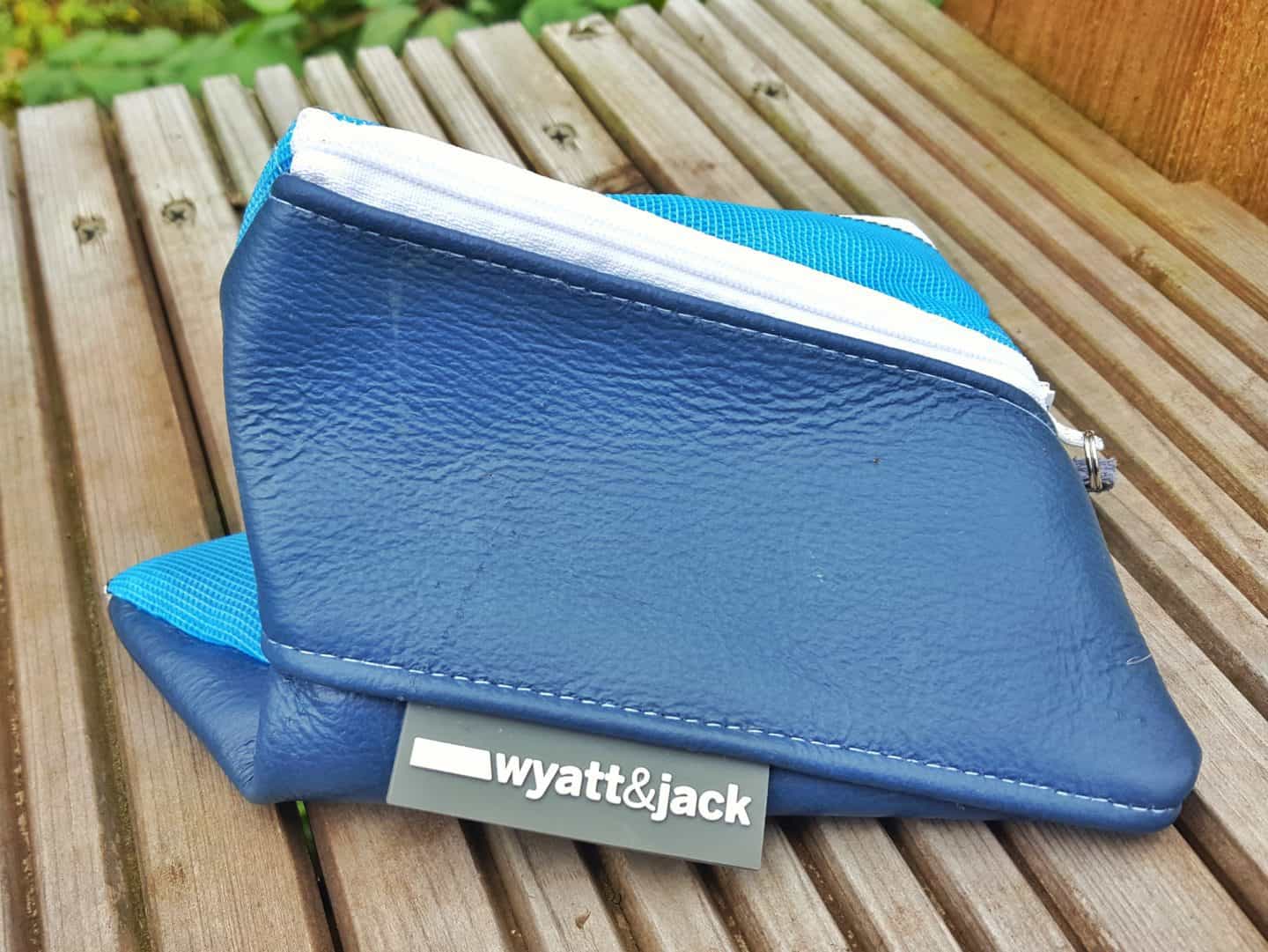
Bamboo
When the girls were babies, I used reusable nappies for them. My research showed that the best fabric for absorption was bamboo. So, I looked into its ethical credentials, and it seems quite good. It grows fast as a crop and can be harvested once every two to three years, without having to replant it. No pesticides or fertilisers are required and it improves, rather than destroying the soil quality. Having used one set of size-adjustable reusable nappies for both of my girls, I can also vouch for the fact that it’s long-lasting. The absorption and softness never deteriorated. In fact, it was the velcro that eventually gave up on us.
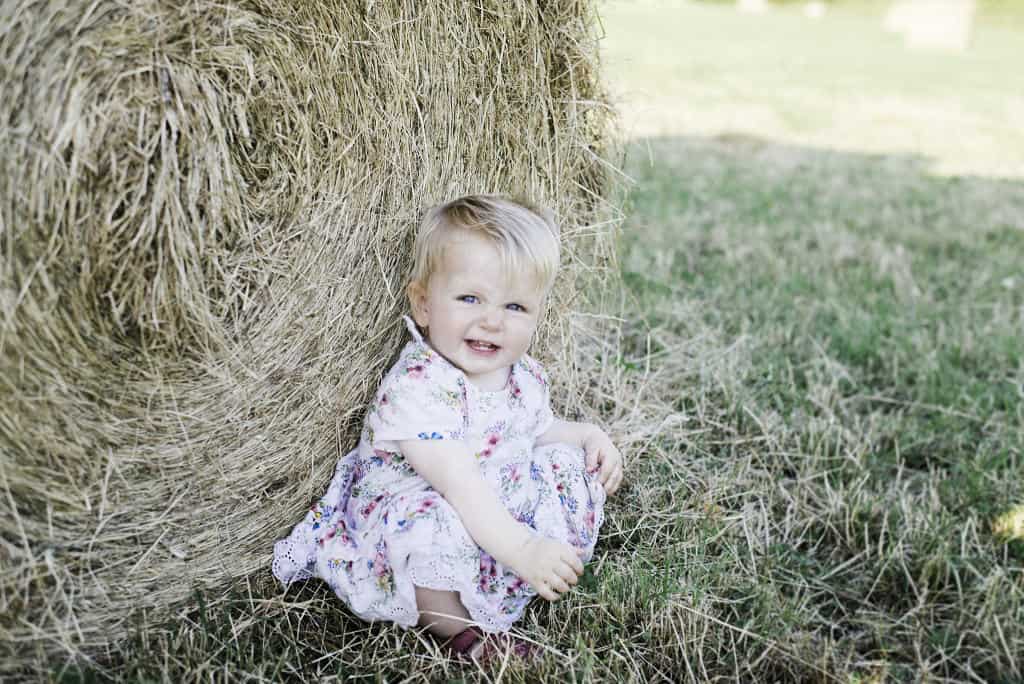
Organic, fair-trade cotton
Whilst cotton is a controversial crop, it can be grown organically. This removes the use of harsh chemicals or pesticides. It remains labour intensive, hence the requirement to ensure it is fair trade.
Linen
Grown from flax seed, linen is long-lasting and hypoallergenic. Interestingly, the more it is used, the softer it becomes. It dries quickly and can absorb a lot of moisture before feeling damp to the touch. Low water and energy is required to produce flax, and there is a minimal waste footprint. Linen is also biodegradable and recyclable so linen shirts make a great, ethical gift.
Hemp
This gem is one of those materials that seems to come up as a good option whatever you’re looking for. Hemp milk is great to replace dairy milk and it can also be used for building materials and cleaning products. Of course, hemp fabric is ethical too. It’s stronger than cotton and uses less herbicides and pesticides than non-organic cotton.
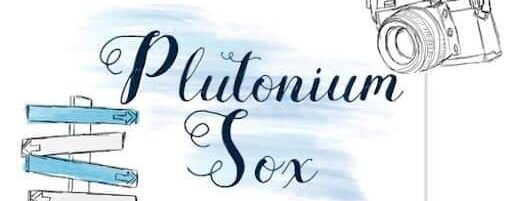
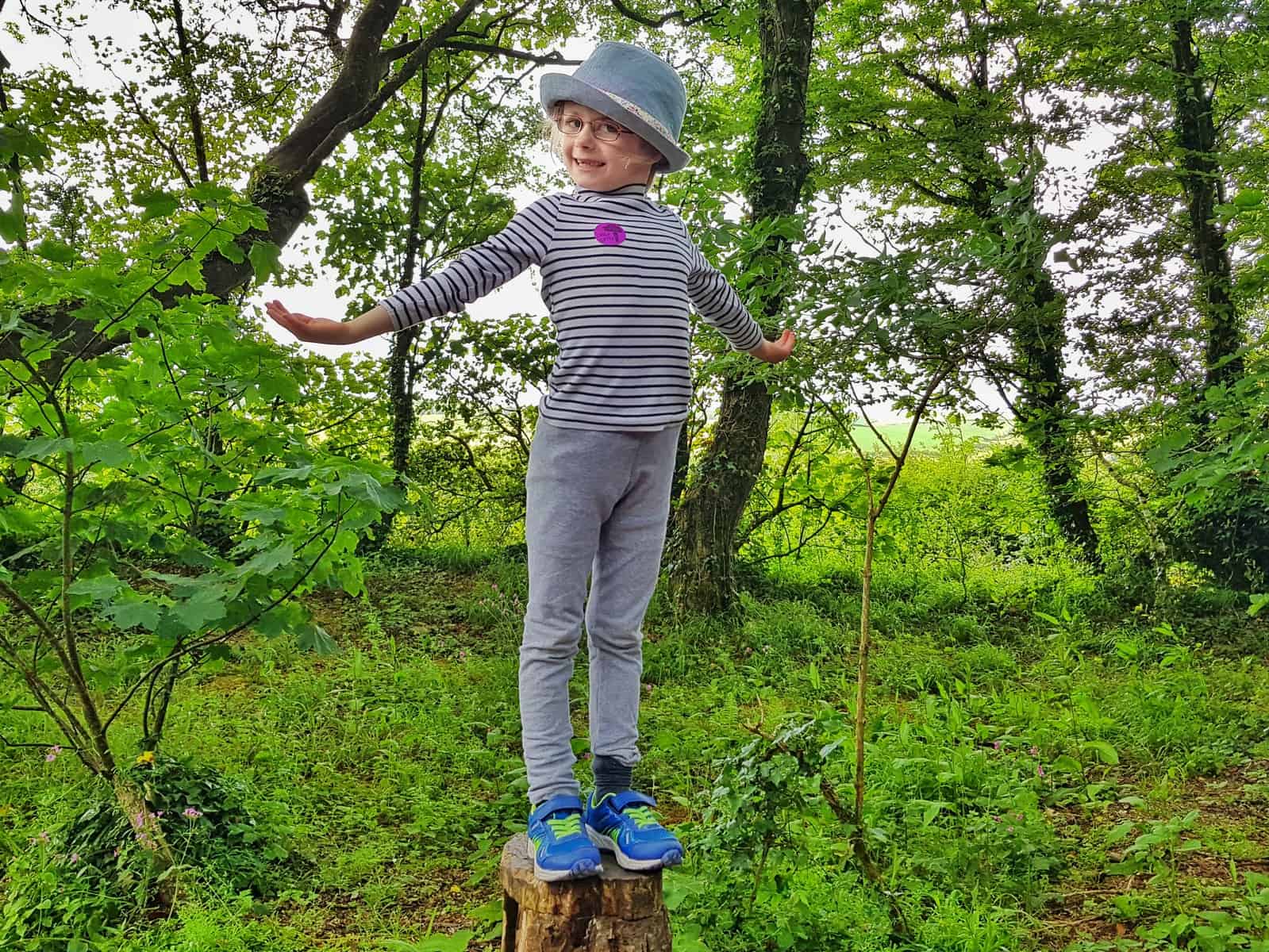
![The pros and cons of living in Narnia [AD]](https://plutoniumsox.com/wp-content/uploads/2020/03/narnia.-jpeg-scaled.jpeg)
![The joys of buying second hand [AD]](https://plutoniumsox.com/wp-content/uploads/2021/03/flea-market-343123_1280.jpg)
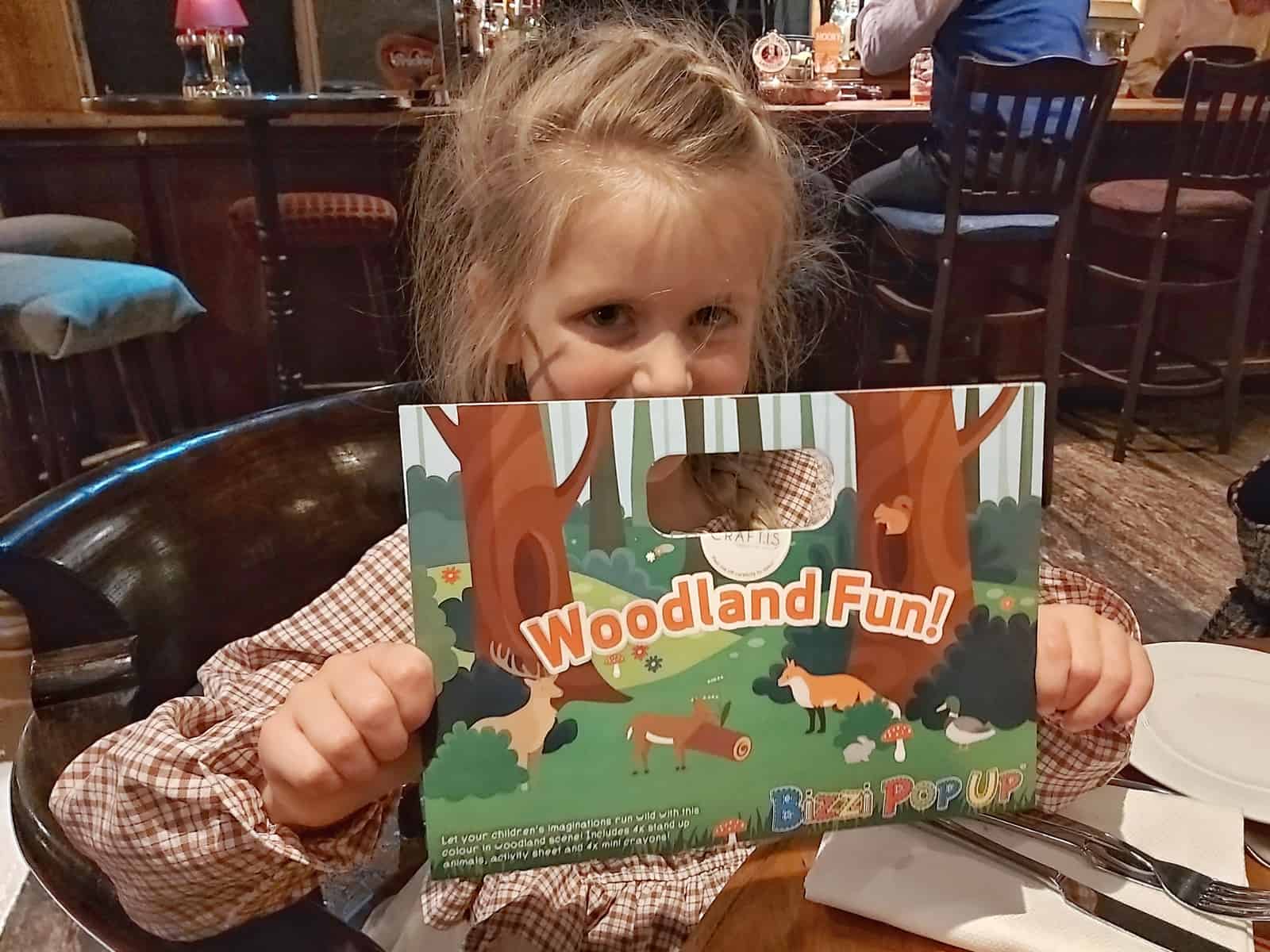
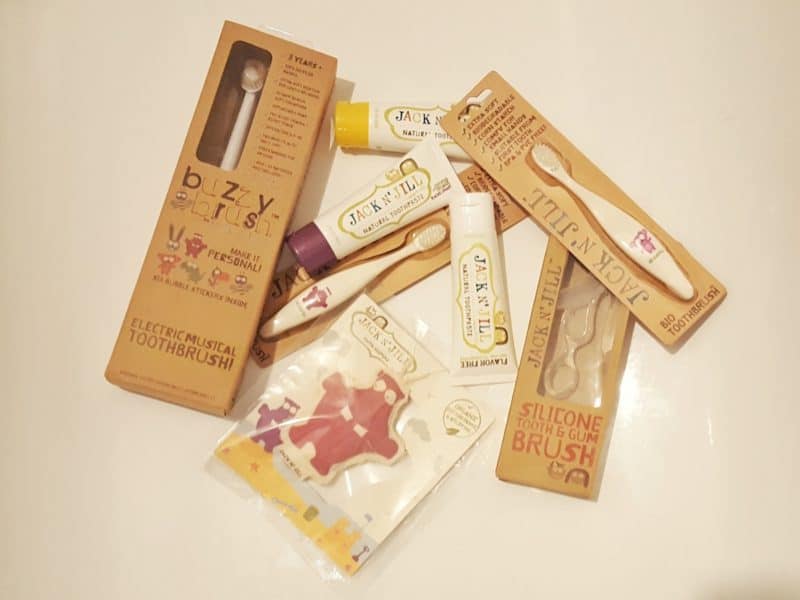
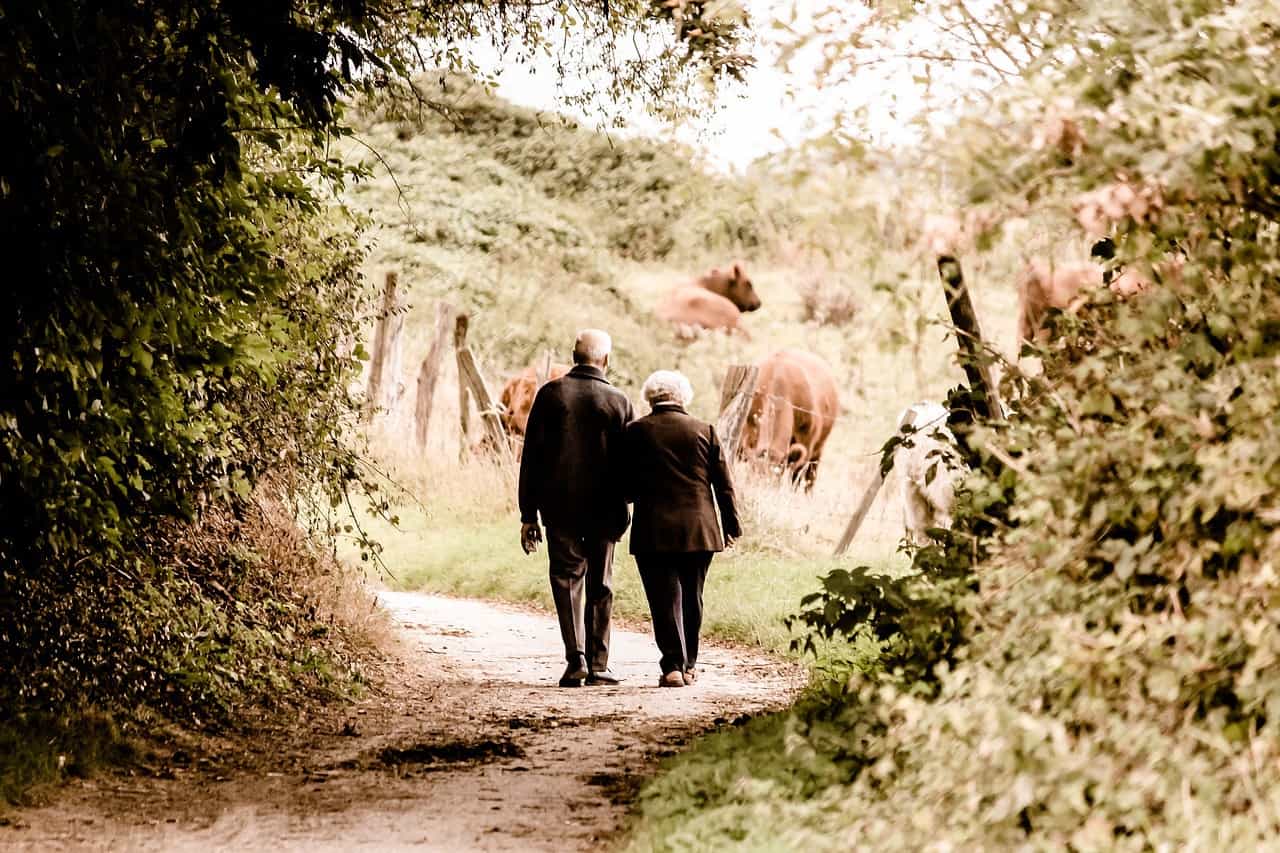
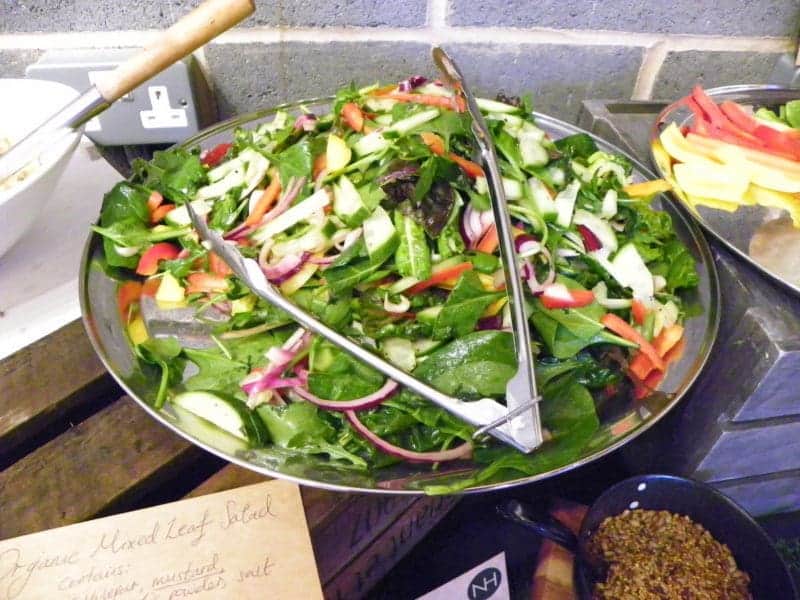
Hi Nat, buying second hand when we can is an excellent way to do our bit. One persons waste is another persons treasure!… I recently brought some bras made from recycled non-recyclable materials, but then it occurred to me that maybe the process of making them isn’t environmentally friendly as I thought?… Oooooo I’ve also been using a menstrual cup for years, not only helping not to choke the wildlife, but I love how much money it has saved me, I’ve been using the same one for over ten years and it only cost me £20.00! And my daughter has recently been enquiring about getting one!
xx
Oh that’s brilliant to hear. I try to do my bit as well, always feel like I should be doing more though. I wonder whether that is the case about the bras, I’d be interested to hear their manufacturing process, hopefully it’s an environmentally friendly way to reuse the materials.
Nat.x